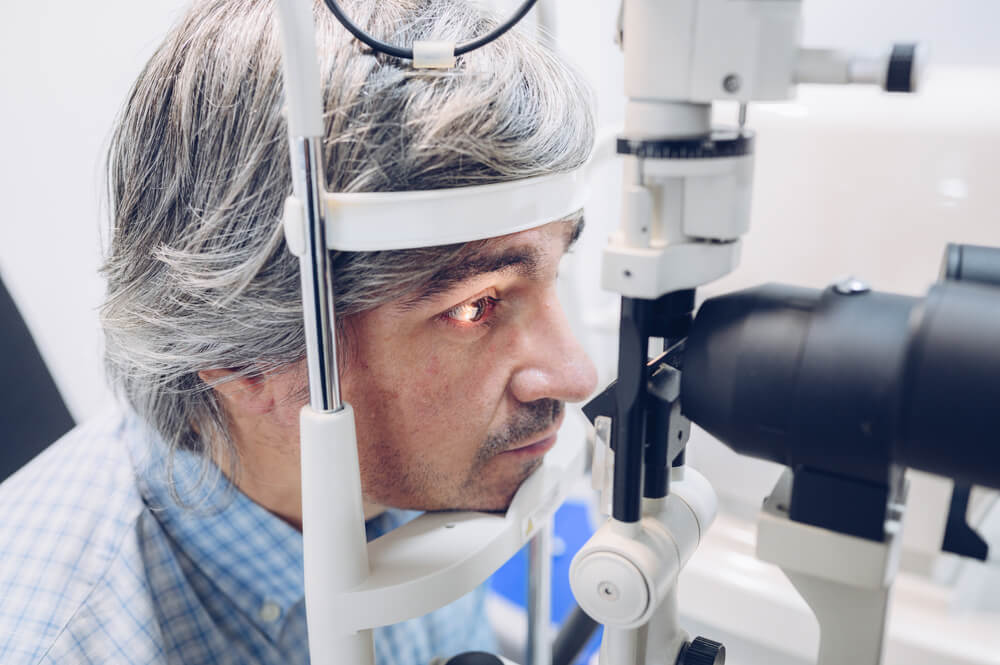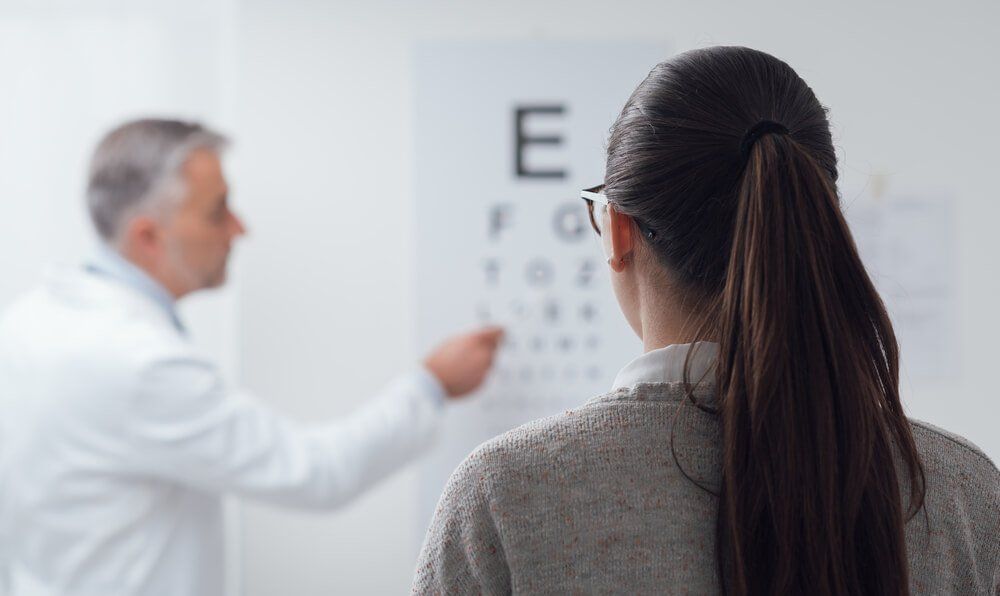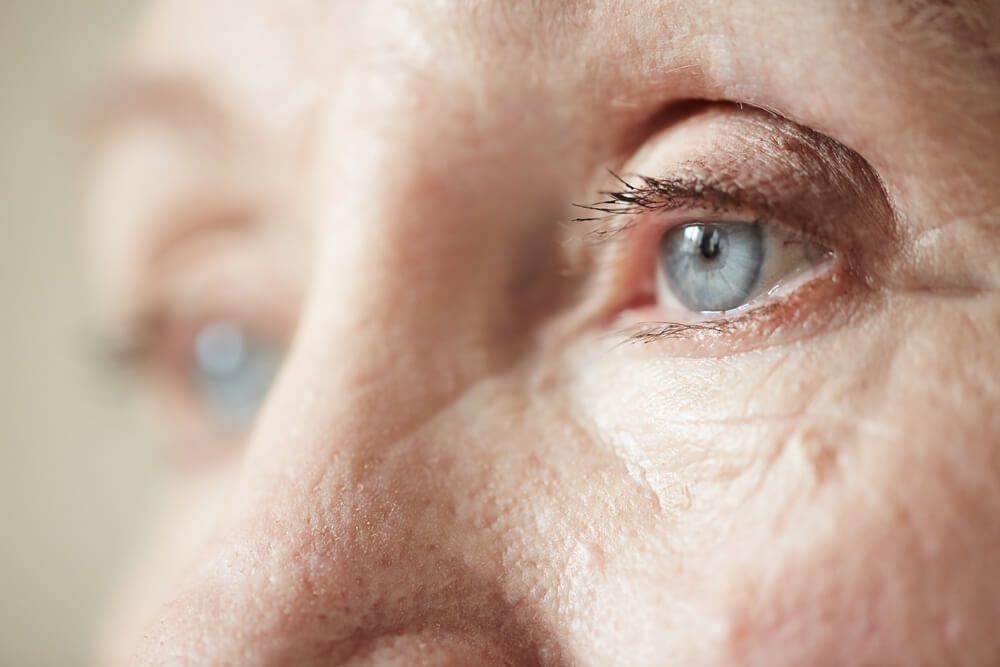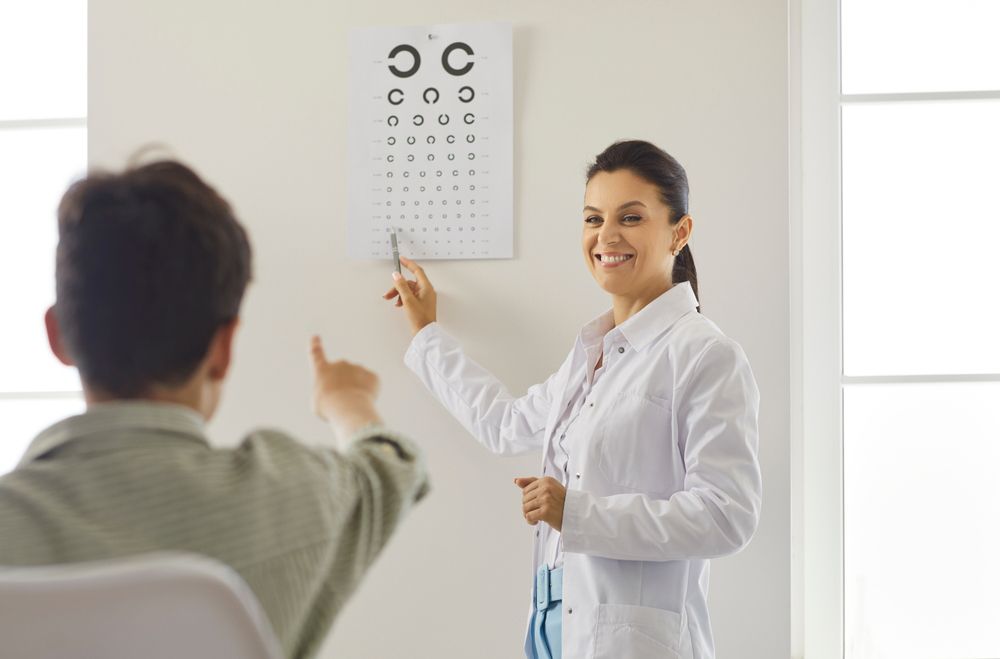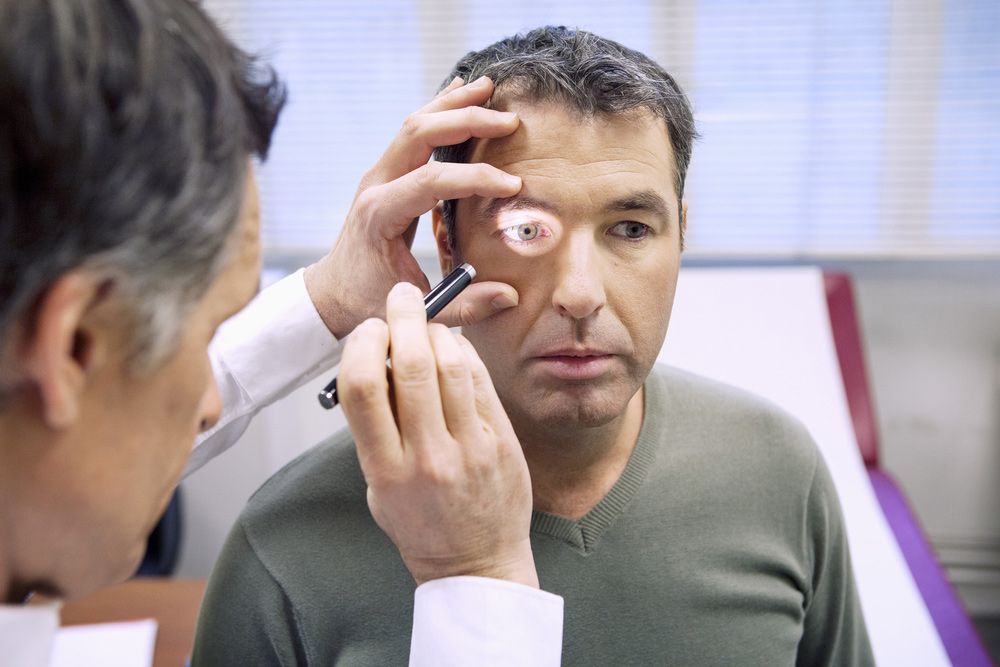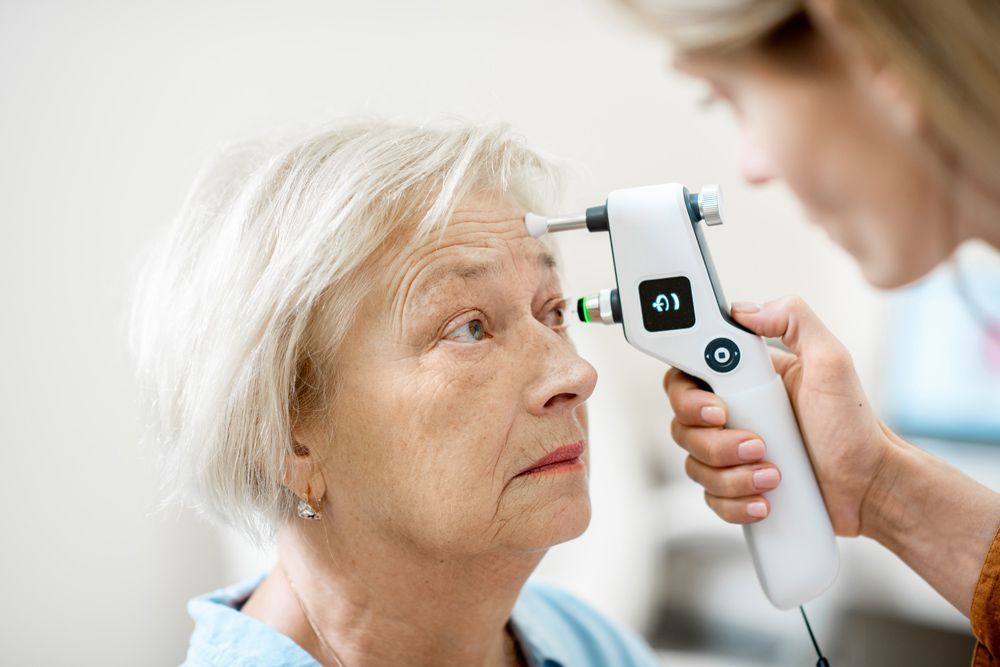Macular Degeneration: What Vision Looks Like
Macular degeneration is a condition that can affect the clarity of central vision, making everyday tasks like reading, recognising faces and driving more challenging. The macula, which is responsible for sharp, detailed vision, can deteriorate over time, causing distortions. When this area is impacted by macular degeneration, individuals might start noticing subtle changes in how they see things. For some, these changes may appear as blurred or wavy lines when looking at straight objects, like the edge of a window or a street sign.
Over time, small dark or blank spots might start to form in the centre of vision, making it harder to focus on fine details. Colours might also seem less vivid, which can make it tricky to tell similar shades apart. In the case of wet macular degeneration, the condition can sometimes bring about sudden changes, like noticing a dark spot in your central vision or seeing straight lines that may appear bent or distorted. On the other hand, dry macular degeneration often develops slowly, with a gradual reduction in your ability to see fine details.
For those experiencing rapid vision changes, wet macular degeneration treatment can help slow down the progression of the disease. This often includes a macular degeneration eye injection, which targets abnormal blood vessel growth in the eye. On the other hand, dry macular degeneration treatment focuses on managing the condition over time, often involving lifestyle adjustments, nutritional support, and regular monitoring.
If you’re seeking macular degeneration treatment in Australia, it’s important to explore both wet and dry macular degeneration treatment options with your healthcare provider. A macular degeneration injection may be recommended as part of your treatment plan, particularly for wet macular degeneration.
At 130 Eye, we provide dry and wet macular degeneration treatment in Australia, focusing on care that meets each patient’s unique needs. Our approach includes offering injections for macular degeneration. Contact us to learn more.


